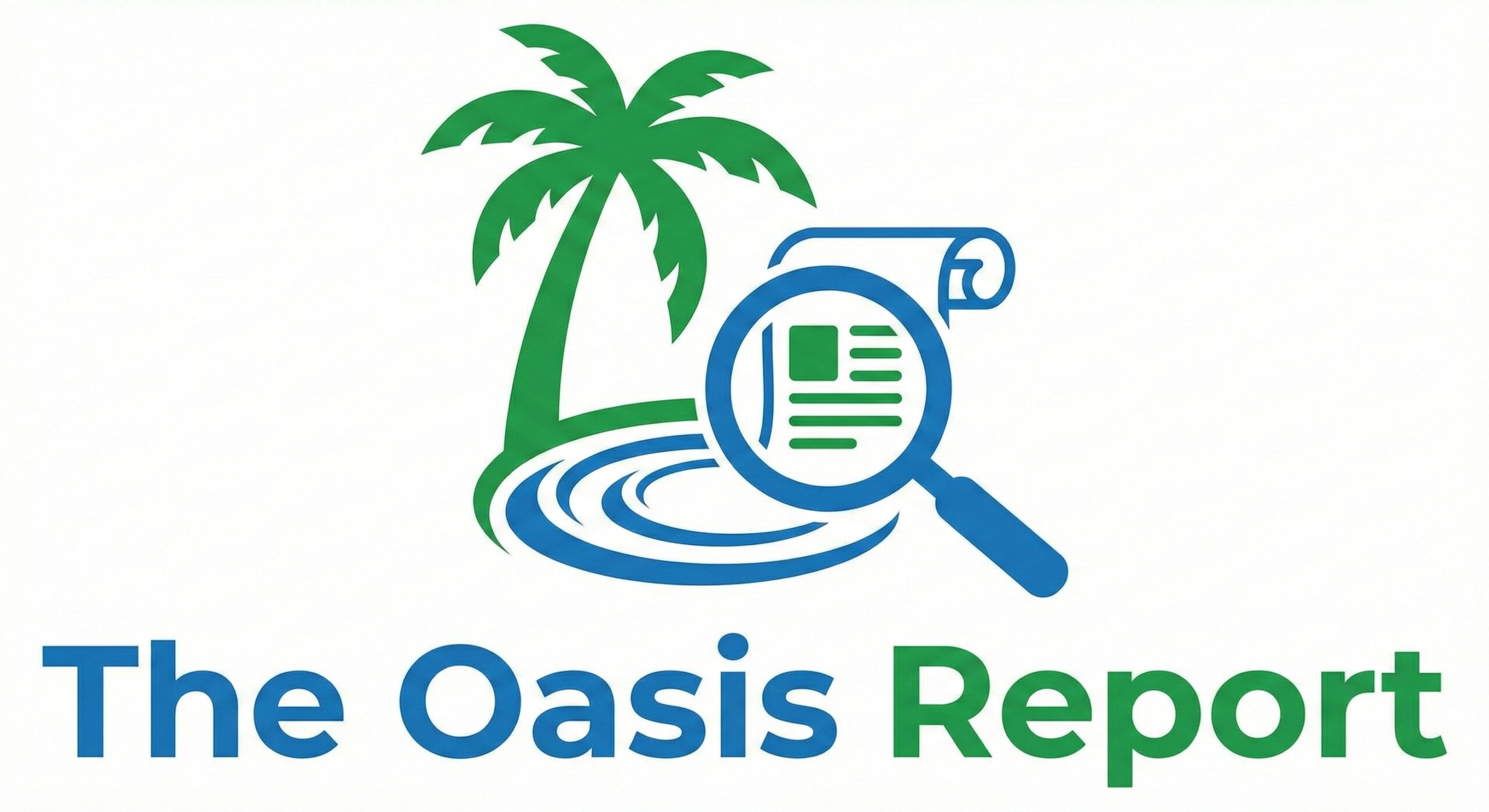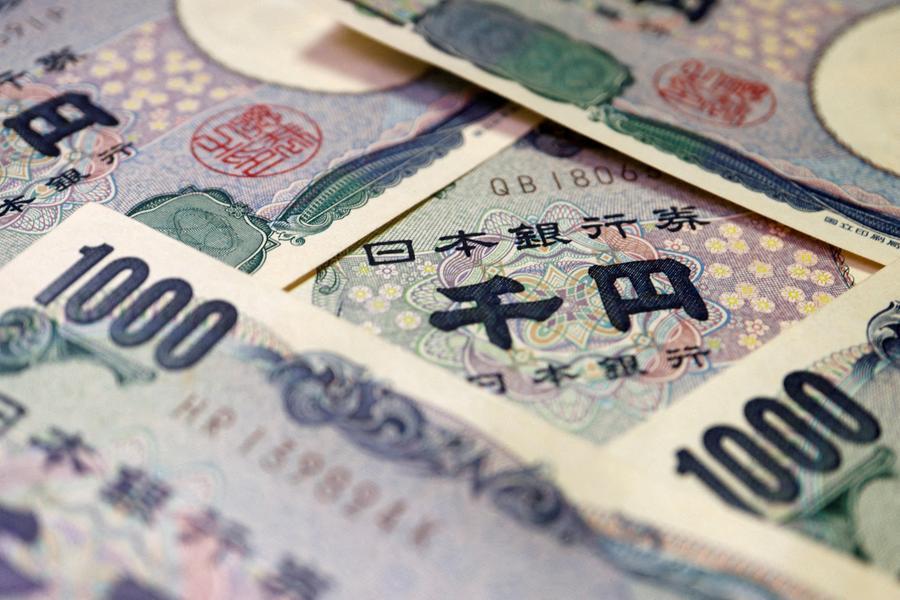SINGAPORE – The yen soared on Wednesday as investors bet that Prime Minister Sanae Takaichi’s landslide election victory would put her in a strong position to control future fiscal policy.
Elsewhere, the Australian dollar topped $0.71 for the first time in three years.
Weaker-than-expected economic data released on Tuesday increased downward pressure on the greenback, which remained reeling in the face of a stronger yen ahead of a key US non-farm payrolls report due later in the day.
In Asian markets, the yen rose nearly 1% against the dollar to 152.94 yen, following a 1% rise in the previous session that also rose against other currencies.
The euro fell 0.7% to 182.27 yen, after falling 1.2% on Tuesday, while the pound fell 0.73% to 209.04 yen, extending the previous day’s 1.3% decline against the Japanese currency.
Due in part to Japan’s public holidays, trade in Asia was weak.
“Such a resounding victory will allow the Takaichi government to better control the bond bearish and weak yen aspects of the so-called Takaichi trade,” said Vishnu Varasan, head of macro research for Asia ex-Japan at Mizuho.
“She could have a more coherent fiscal policy… She definitely has a plan that makes sense numerically, so there should be fewer questions about that. What she needed was the political capital to make it happen without having to compromise over and over again with the many parties that wanted more[stimulus].”
While the yen and Japanese government bonds rose following Takaichi’s big victory, investors also poured money into Japanese stocks, hoping for stimulus to flow to consumers and Japan Inc.
The inflow of funds into Japanese stocks from overseas increases demand for the yen.
“There are positive signs that a more market-friendly policy may be on the horizon,” Deutsche Bank strategists said in a note, adding that they had ended their bets against the yen and were now neutral on the currency.
“Since Davos and especially after the election, the government has been reacting to market movements and trying to calm the bond market. The promised sales tax cut may also be delayed.”
Hawkish outlook
The Australian dollar broke above $0.71 for the first time since February 2023. The stock last traded at $0.7112, up 0.53%.
Reserve Bank of Australia Deputy Governor Andrew Hauser said on Wednesday that inflation was too high and policymakers were committed to doing whatever it took to bring it down.
“We have upgraded our view on the Australian dollar. Our year-end forecast is $0.69 to $0.73,” said Moh Siong Sim, currency strategist at OCBC.
He noted that last week’s rate hike by the Reserve Bank of Australia (RBA) to 3.85% was the first in the G10 outside of Japan, and that “this hawkish rate hike will focus further attention on whether the Reserve Bank of Australia (RBA) will follow suit with further rate hikes.”
Markets are suggesting there is around a 70% chance that interest rates will rise to 4.10% at the RBA’s May meeting following the release of first quarter inflation data.
Across the Tasman Sea, the New Zealand dollar rose 0.3% to $0.6061.
waiting for payroll
Looking ahead, the market’s main focus on Wednesday will be the US jobs report, with non-farm payrolls expected to rise by 70,000 in January. The unemployment rate is expected to remain stable at 4.4%.
The dollar was weak ahead of the announcement, with the euro trading 0.16% higher at $1.1914 and the pound similarly up 0.13% at $1.3658.
Against a basket of currencies, the dollar weakened by 0.33% to $96.60.
Overnight, U.S. retail sales fell short of expectations in December, while a separate report showed U.S. labor cost growth unexpectedly slowed in the fourth quarter.
“Tonight’s January non-farm payrolls numbers will be more important to the FOMC’s policy outlook,” Commonwealth Bank of Australia currency strategist Carol Conn said in a note.
“We expect below-consensus pay levels to continue, weighing on the US dollar.”
White House economic adviser Kevin Hassett said Monday that Americans could see lower job growth in the coming months due to a shrinking population and rising productivity.
Markets are currently pricing in about 60 basis points of Fed easing through December, but some policymakers say rates could remain unchanged for some time.
(Reporting by Rae Wee; Editing by Shri Navaratnam and Neil Fullick)


